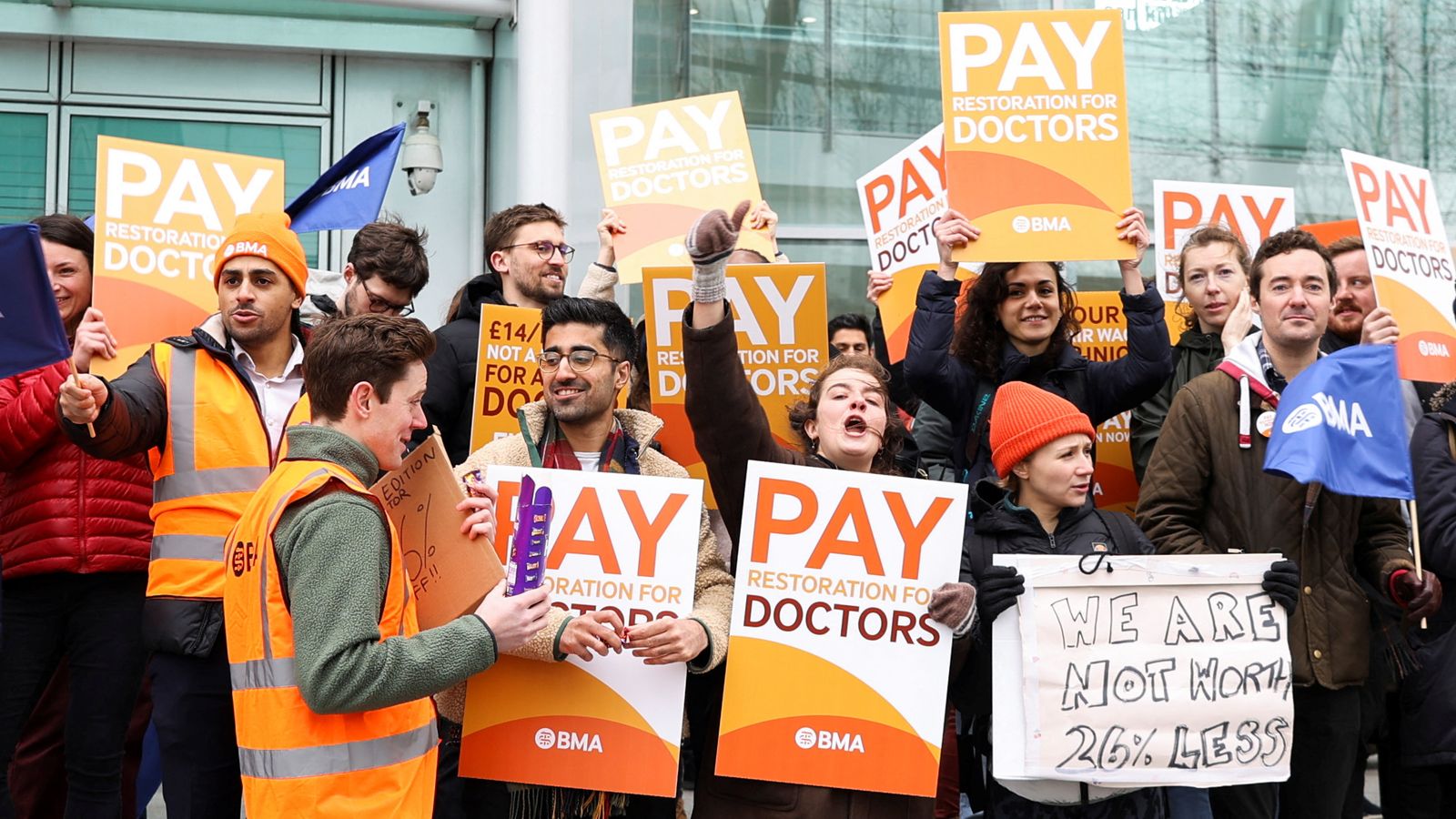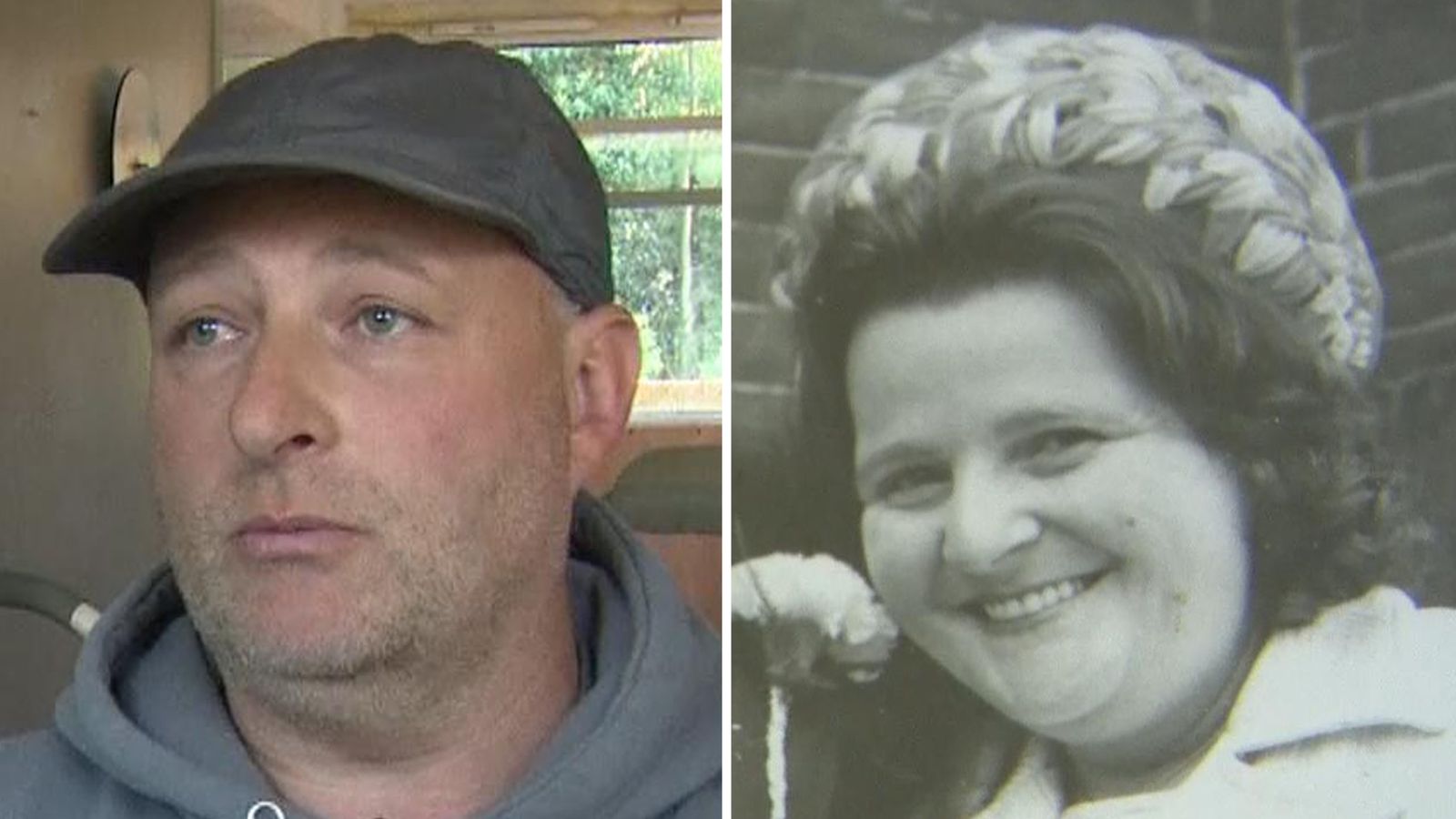Teachers, junior doctors and Tube drivers stage mass walkout on budget day

Hundreds of thousands of workers will strike today in what could be the biggest walkout since the current wave of industrial action began.
Teachers, university lecturers, civil servants, junior doctors, London Underground drivers and BBC journalists will form picket lines around the country to coincide with the chancellor’s budget, amid continuing dissatisfaction with issues including pay, jobs, pensions and working conditions.
Commuters in London have been told there will be “little or no service” on the Tube because of disruption caused by a strike by members of Aslef and the Rail, Maritime and Transport (RMT) union.
Members of the National Union of Journalists working at BBC Local across England will stage a 24-hour strike in a row over programme cuts.
While junior doctors in the British Medical Association will continue a three-day walkout they launched on Monday over pay.
So far talks between unions and the government have done little resolve many of the ongoing disputes, although some strikes, such as those by teachers, will only be held in England after progress was made in Wales and Scotland.
Read more:
Who is taking industrial action in 2023 and when?
UK lost 220,000 working days to strike action in January
Strikes could last until end of year
Public and Commercial Services union general secretary Mark Serwotka warned the action is just the start of a series of strikes that could last until the end of the year.
Advertisement
“On budget day we’re asking Chancellor Jeremy Hunt to give our hard-working members a fair pay rise,” he said.
“We’ve been given a 2% pay rise when food inflation was 16% last week. 40,000 civil servants use food banks and 45,000 claim in-work benefits because they’re so poor.
“The government can stop these strikes today by putting money on the table for our members.”
He added: “Shamefully, ministers don’t seem interested in giving their own employees a fair pay rise to help them through the cost-of-living crisis and beyond.”
Please use Chrome browser for a more accessible video player
1:57
Junior doctors start three-day walkout
Teachers ‘do not want to go on strike’
Mary Bousted and Kevin Courtney, joint general secretaries of the National Education Union, said: “We do not want to go on strike – we want to be in the classroom, teaching and supporting children and young people.
“It continues to be a regret that our members have to take strike action, but we know that parents and the public understand the gravity of the situation around school funding and teacher recruitment and retention.”
Click to subscribe to the Sky News Daily wherever you get your podcasts
Action will disrupt children’s education, minister says
Education Secretary Gillian Keegan said in an open letter to parents: “This industrial action will mean more disruption to children’s education and to your lives too – whether that’s work, arranging childcare or changing other plans.
“I am extremely disappointed that many young people will once again miss invaluable time learning with their teachers and friends, particularly after their education was significantly disrupted during the pandemic.”



